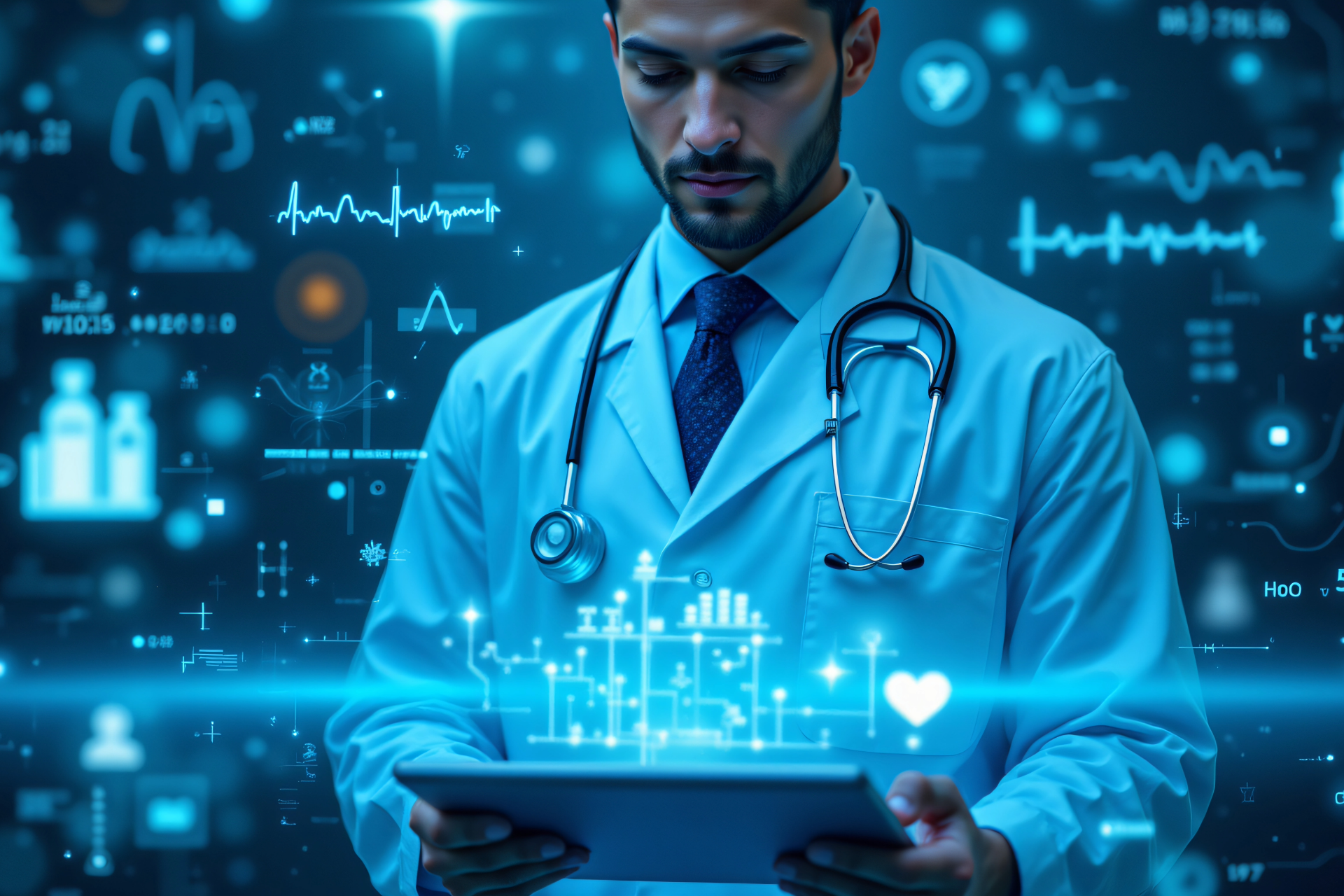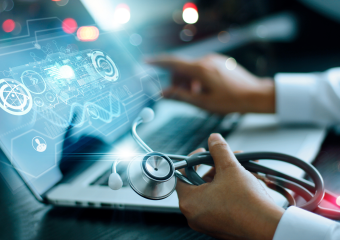AI Care Innovations: Must-Have Proactive Health Tech
AI That Cares Before You Ask: The Future of Proactive Health Monitoring
AI in Proactive Health Monitoring: Changing the Game in Healthcare
Artificial intelligence (AI) is dramatically transforming how we approach healthcare, with proactive health monitoring at the forefront of this revolution. Rather than the traditional reactive model—where action is taken after symptoms occur—AI enables a proactive approach, predicting potential health issues and intervening before they escalate into serious problems. This shift promises to enhance patient care, reduce healthcare costs, and improve overall health outcomes.
Understanding Proactive Health Monitoring
Proactive health monitoring involves the use of AI technologies to continuously analyze an individual’s health data in real time. This data can come from various sources such as wearable devices, smartphones, and home monitoring systems. By leveraging AI algorithms, these devices can detect anomalies that may indicate emerging health issues long before the patient is aware of them.
For example, a smartwatch using AI might notice subtle changes in a person’s heart rate, sleep patterns, or activity levels that could indicate cardiovascular issues or the onset of conditions such as diabetes or hypertension. By alerting both the individual and healthcare providers early, proactive health monitoring can facilitate timely medical interventions, potentially saving lives and preventing long-term health complications.
The Role of AI in Enhancing Early Detection
One of the most significant benefits of AI in health monitoring is its ability to enhance early detection of diseases. AI systems can process vast amounts of data much faster and with more accuracy than humans. They can detect patterns and correlations in the data that would be very difficult, if not impossible, for human practitioners to discern.
For instance, AI can analyze historical data alongside real-time information to predict health issues like heart attacks or strokes before they happen. Such capabilities make it possible for individuals to receive preemptive medical advice and treatments, significantly altering the course of their health trajectory.
Privacy and Data Security in AI-driven Health Monitoring
While the benefits of AI in proactive health monitoring are apparent, they also raise significant concerns about privacy and data security. The very data that makes AI-driven health monitoring powerful—detailed, personal health information—also makes it sensitive. Ensuring the privacy and security of this data is paramount.
Healthcare providers and technology companies must implement robust data protection measures. This includes encryption, secure data storage solutions, and stringent access controls. Additionally, there must be transparency in how data is used, and patients should have control over their own health information.
Future Prospects and Innovations
Looking forward, the integration of AI in proactive health monitoring is likely to advance with innovations in technology and AI algorithms. Future developments may include more sophisticated wearable technologies that can monitor a broader range of health indicators and possibly even offer real-time therapeutic interventions.
Moreover, we might see AI being increasingly used in conjunction with other technologies such as genomics and personalized medicine to create even more targeted and effective prevention strategies. This could lead to highly personalized healthcare plans that are designed to meet the unique needs of each individual based on their genetics, lifestyle, and environment.
Conclusion
AI-driven proactive health monitoring represents a seismic shift in healthcare, moving from a model of reactive care to one that is anticipatory and preventative. This approach not only has the potential to save lives by providing early warnings about health issues but also to drastically cut down on healthcare costs by preventing diseases from developing fully. However, as we navigate this promising future, it is crucial to balance the technological advancements with ethical considerations, particularly regarding data privacy and security, to maintain trust and protect individual rights.








